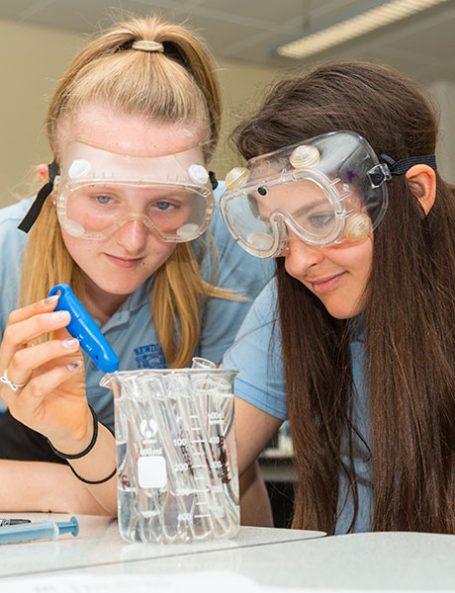This unit explores the uses of natural and modern reproductive strategies, in terms of saving endangered animals and human procreation.
Human reproductive organs are covered, along with adaptations of sex cells. This is followed by a look at sexual intercourse, the menstrual cycle, pregnancy and birth. Growth and development are then covered, including puberty and adolescence, a stage which many pupils will be going through or just about to start. The unit ends with a look at the amount of aftercare various animals give to their young and how humans can help in this process, with particular reference to increasing the numbers of endangered species.
Pupils complete a test at the end the topic.




